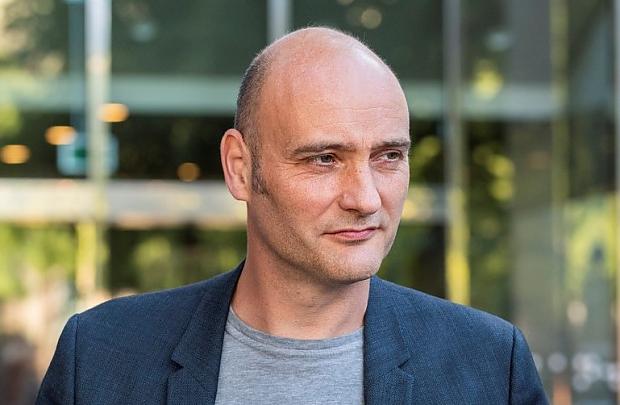We must prevent another Hiroshima
We must prevent another Hiroshima

This week marks 78 years since the Japanese cities of Hiroshima and Nagasaki were destroyed by nuclear bombs. The global impact was enormous, as the movie Oppenheimer shows. The creator of the bomb realised all too well: these weapons must never be used again.
However, the number of states possessing nuclear weapons and the amount of nuclear weapons has grown enormously. Attempts to ban nuclear weapons have been unsuccessful. With the war in Ukraine, Putin has threatened to use nuclear weapons several times. It is time for new initiatives.
The respected research firm SIPRI published its annual survey of nuclear weapons in the world in June. 'We have entered one of the most dangerous periods in human history,' said SIPRI boss Dan Smith. SIPRI raises concerns as the number of deployable nuclear weapons goes up and countries continue their plans for modernisation and expansion.
Arms control treaties
Between 1972 and 1990, the US and the Soviet Union signed a great number of arms control agreements. Some meaningful treaties were signed after the fall of the Soviet Union, including the treaty ending nuclear testing. Over the last five years, the main treaties have been cancelled one by one.
Russian nuclear weapons in Belarus
Russia now says it has placed nuclear weapons in Belarus. SU-25 fighter jets will carry Russian nuclear weapons. The crews in this arrangement will be Belarusian. This policy is called nuclear sharing, sharing nuclear weapons (like the Netherlands stores US nuclear weapons at Volkel). It is forbidden under the Non-Proliferation Treaty (NPT), but countries do it anyway. Russia's announcement is a serious escalation of the war in Ukraine and it raises the urgency for creating a nuclear-free Europe.
The United States also plans modernisation of their tactical nuclear weapons in Western Europe. Fully modernised nuclear weapons will come to the Netherlands in the near future. According to the government, this is NOT a violation of the NPT, because this policy was adopted before the establishment of the NPT and the Soviet Union would have agreed at the time. But, given the secrecy, this cannot be verified by parliament.
The Netherlands' current nuclear bomb (the B-61-11) is going back to the United States and the F-35 (JSF) will get a new, much 'improved' bomb: the B-61-12. Despite huge secrecy, we know that Dutch pilots are also actually training to fire nuclear weapons. My motion to provide much more transparency on this was dismissed with an obligatory Parliamentary letter. In view of the security risks, the population near Volkel in Brabant is entitled to much more information. Yet the government is keeping a low profile.
Plan Arias
Amid these dangerous developments and the devastating war in Ukraine, the breakdown of diplomatic relations and the end of nuclear disarmament treaties are taking their toll. To avoid a catastrophic nuclear war, the international community must start again. In doing so, I point to the proposals of former Costa Rican president and Nobel laureate Oscar Arias.
The Dutch government should push for international negotiations to get a nuclear-free Europe. This can be done in steps, with withdrawal of Russian troops from Ukraine another important goal. In doing so, the Netherlands should propose a moratorium on the modernisation of nuclear weapons at Volkel. This should lead to step-by-step negotiations on withdrawal of nuclear weapons from the whole of Europe (including Belarus). Ending the Russian occupation of Ukraine must also be part of these negotiations. These suggestions offer a way out of the war in Ukraine and the prospect of a nuclear-free Europe.
Anyone who watched the movie Oppenheimer has been reminded of the enormous risk of nuclear weapons and the arms race. That is why negotiations on nuclear disarmament are much needed. To prevent another Hiroshima.
